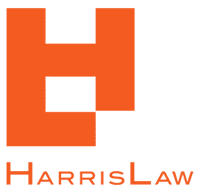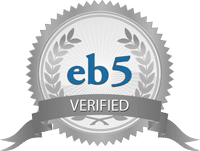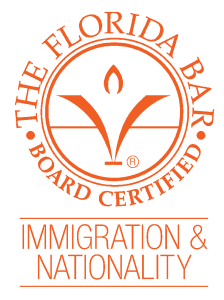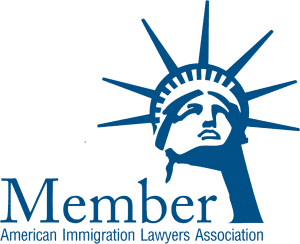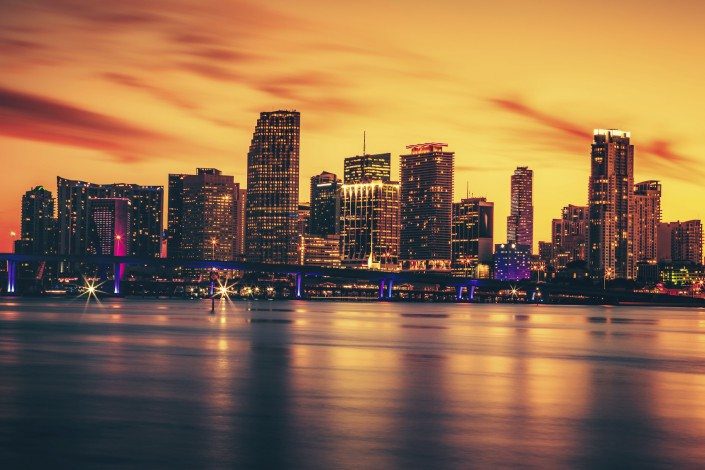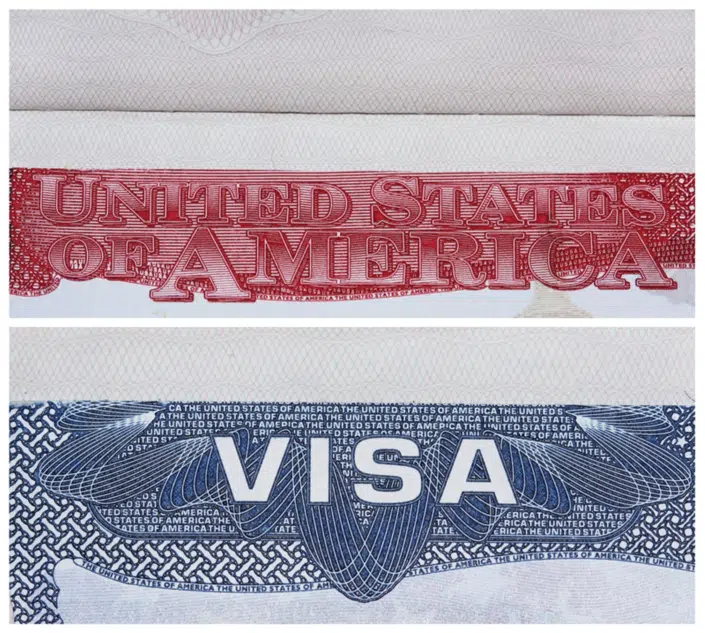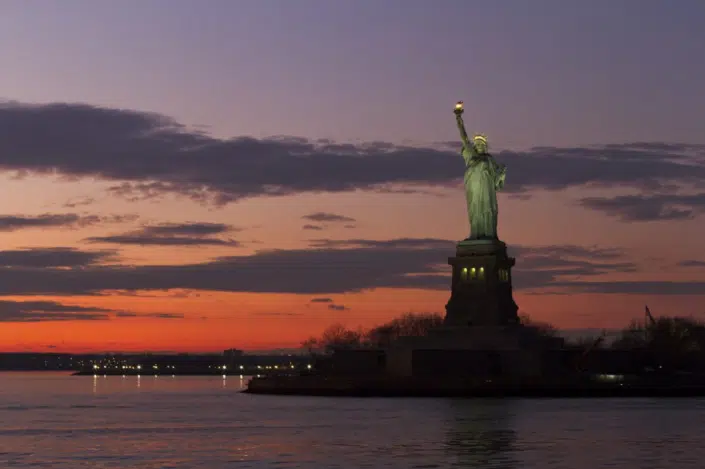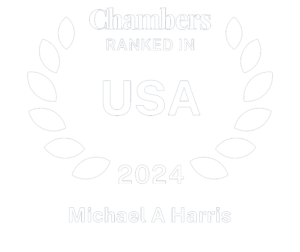USCIS Announces H-1B Lottery System
Updated on March 4, 2021 | By Michael A. Harris
In 2019, USCIS announced that it would begin using a new H-1B lottery system to replace the previous procedure for its April 2020 filing season. This turned out to be significant news because the new system should enable more employers to try to hire a foreign worker under the visa category. The old system burdened USCIS with thousands of more filings than needed. The new lottery should promote more fairness for small and medium sized employers who could not compete with single filers submitting thousands of petitions at a time in order to game the system. For the 2021 H-1B filing season, USCIS will continue to utilize its system of registration.
In previous years, the system has utilized a random selection process, or a lottery, whenever there were more applicants for H-1B visas than the available number or quota of visas. For several years now, this has been required due to over 100,000 applicants. And because the H-1B Program has annual limits (or a “Cap”) on the number of workers who may be granted a first-time H-1B visa each Fiscal Year (“FY”), it has not been worthwhile for many employers to apply. Every April (which is six months before the start of the Fiscal Year), U.S. employers have been able to try to hire an H-1B worker if they were willing to file a complete H-1B petition with USCIS.
Under the “Cap” the total number of workers who may be granted a first-time H-1B during any fiscal year[1] may not exceed 65,000 visas. Some workers are exempt from the 65,000 number of visas if they have earned a qualifying master’s or higher degree from a U.S. university. This is called the U.S. Master’s Cap, and cannot exceed 20,000 workers. With this limitation since USCIS cannot accept more than that number of filings, the lottery was expensive for many employers to pay a law firm their full legal fee for preparing a petition with no security or assurance that they would be selected among the Cap.
In year’s past, to enter the lottery with USCIS (which administers the program) a U.S. employer had to properly file a complete petition, along with government forms and filing fees, and all required documentation. This meant spending thousands of dollars in legal fees – only to find out that USCIS did not select the employer for consideration. While there may have been some comfort to know that USCIS would not deposit the employer’s government filing fees (which can exceed several thousand dollars), spending money for a 40 percent chance of being selected is not favorable to many employers or potential employees.
It is why the new USCIS system, which was described first in 2018, offers a potential welcome reprieve from the expensive lottery of prior years. On March 4, 2021, the USCIS announced that it will begin accepting electronic registration again for its lottery system on March 9, until March 25, 2021 at 12:00 pm EST. The H-1B registration system will continue to charge applicants a $10 government fee. Law firms and attorneys are permitted to submit the applications on behalf of employers. The new process will not require U.S. employers to file petitions in order to be eligible. Upon notification that an employer has been selected (by March 31, 2021), the employer will have a 90 day deadline (e.g., no later than June 18, 2021) to submit their H-1B petition.
Some important tips to remember:
- USCIS will be opening its online portal for registration soon. Once open for submissions, an employer will be allowed to submit as many potential employees (called beneficiaries) as it likes. Submitting more than one registration for a named beneficiary will result in USCIS determining that all of its registrations are invalid.
- With its lottery system, USCIS will also count all potential U.S. Master’s Cap applicants first and among the quota of 65,000 visas. This reversed the order which was done in the past. In prior years, USCIS would count the U.S. Master’s Cap applicants first but only from the reserved 20,000 visas. In the past, if an applicant was not allocated a visa among the 20,000 quota, then the applicant would be entered into the lottery for the regular 65,000 quota. From now on (at least while the USCIS rule remains in effect), the new lottery system of counting will lead to more H-1B visas for persons with U.S. Master’s Degrees than in the past.
- USCIS plans to have a waitlist. If a registration application is not selected, then USCIS may still notify the applicant during the fiscal year of availability if an opening arises (such as from a denied petition by another employer).
- For students who have not completed their qualifying degree, questions may arise whether the degree has to be earned at the time of registration or at the time of filing the petition. The new lottery regulations do not require eligibility to be met at the time of registration. And normally the degree simply needs to have been met at the time of filing the petition.
More guidance will be coming from USCIS and our office. In terms of immediate benefit to potential employers, our office will be ready to submit as many registrations as needed by our corporate clients. To accommodate our clients, what we believe will be more favorable to employers is to use two legal fee schedules: one for registration with USCIS before the March 25 deadline, and a second upon selection in the new lottery. To find out specifically what how our services will be structured to efficiently help you meet the H-1B Lottery Registration deadline, please contact us for a free consultation.
[1] The fiscal year starts every October 1 and ends the following September. (For example, FY2021 will begin on October 1, 2021, and will end on September 30, 2022.)
